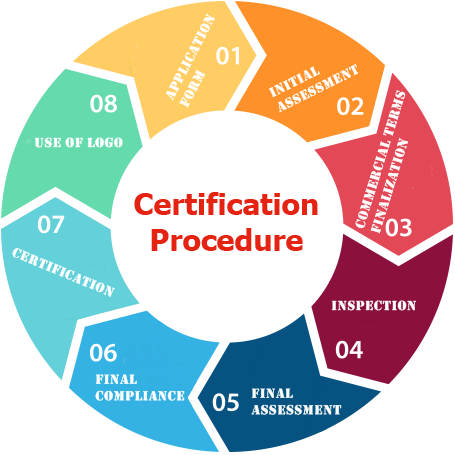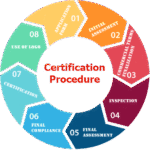As consumers become increasingly mindful of what goes into their food and how it’s made, certifications have become essential tools for building trust. Among these,Kosher Certification stands out—not just for its religious significance, but also as a globally recognized marker of quality, cleanliness, and ethical production.
What Does Kosher Certification Mean?
Kosher Certification is an official recognition that a product, process, or facility adheres to the dietary laws of Judaism, known as kashrut. These laws dictate how food is sourced, handled, and prepared. For a product to be certified kosher, it must be inspected and approved by a trusted kosher authority.
This involves more than just the ingredients—it includes how the food is processed, the cleanliness of the equipment, and how meat and dairy are handled (they must be strictly separated).
Who Can Benefit from Kosher Certification?
While originally intended for Jewish consumers, today, kosher-certified products are popular among:
-
Health-conscious shoppers
-
Vegans and vegetarians
-
Individuals with dietary restrictions
-
International buyers looking for quality assurance
Businesses in the food, beverage, cosmetics, and pharmaceutical sectors often pursueKosher Certification to boost their market appeal and credibility.
Why Is Kosher Certification Valuable?
Getting your product certified kosher has multiple advantages:
-
Wider Market Reach: It opens doors to Jewish communities and global export markets.
-
Customer Confidence: The kosher symbol signals clean, well-regulated production.
-
Retail Access: Many large retailers and distributors prefer or require kosher-labeled goods.
Kosher products are often perceived as safer or more rigorously produced—even by those who don’t follow kosher laws.
How to Get Certified
The process usually includes:
-
Application – Submit product details and ingredients to a certification agency.
-
Inspection – A kosher expert inspects the facility and manufacturing process.
-
Compliance – Any non-kosher elements are replaced or corrected.
-
Ongoing Oversight – Regular checks maintain certification over time.
Conclusion
Kosher Certification goes far beyond tradition—it’s a strategic asset for businesses that care about transparency and global reach. Whether you’re a small producer or a large exporter, becoming kosher certified can elevate your brand and build consumer loyalty in today’s conscious marketplace.






